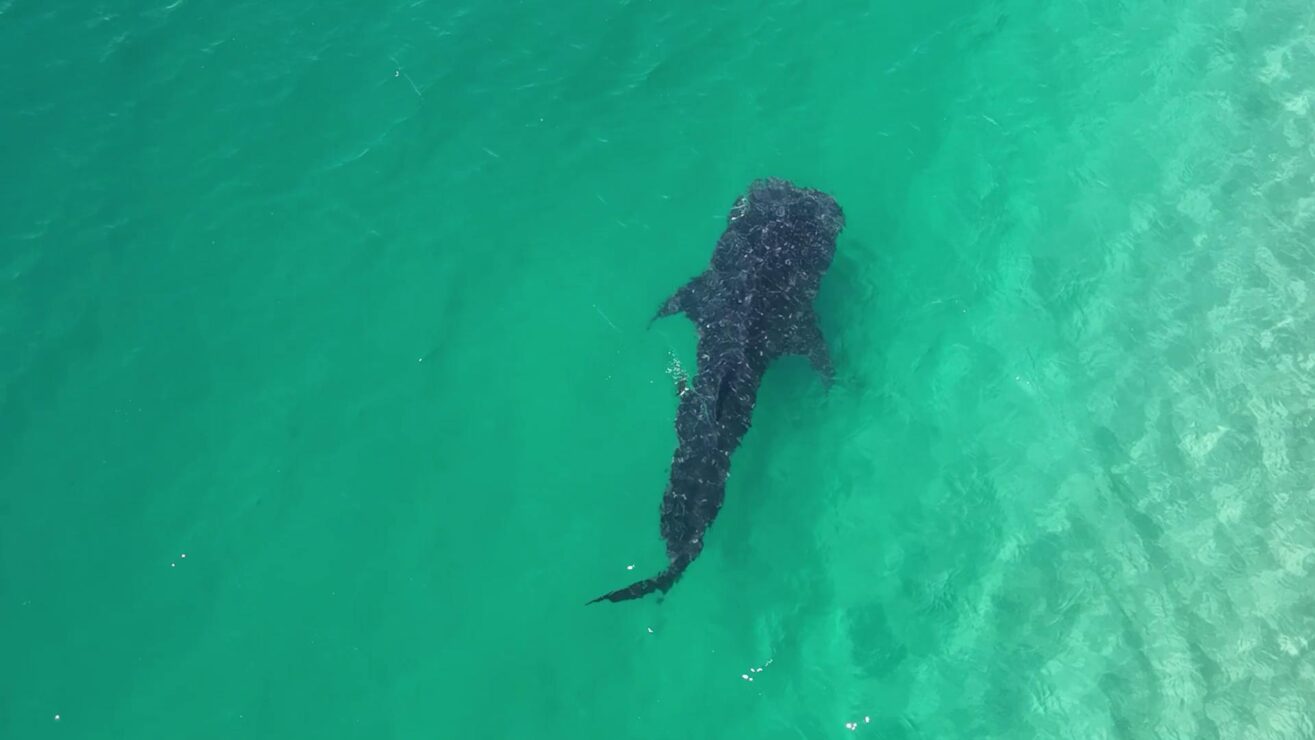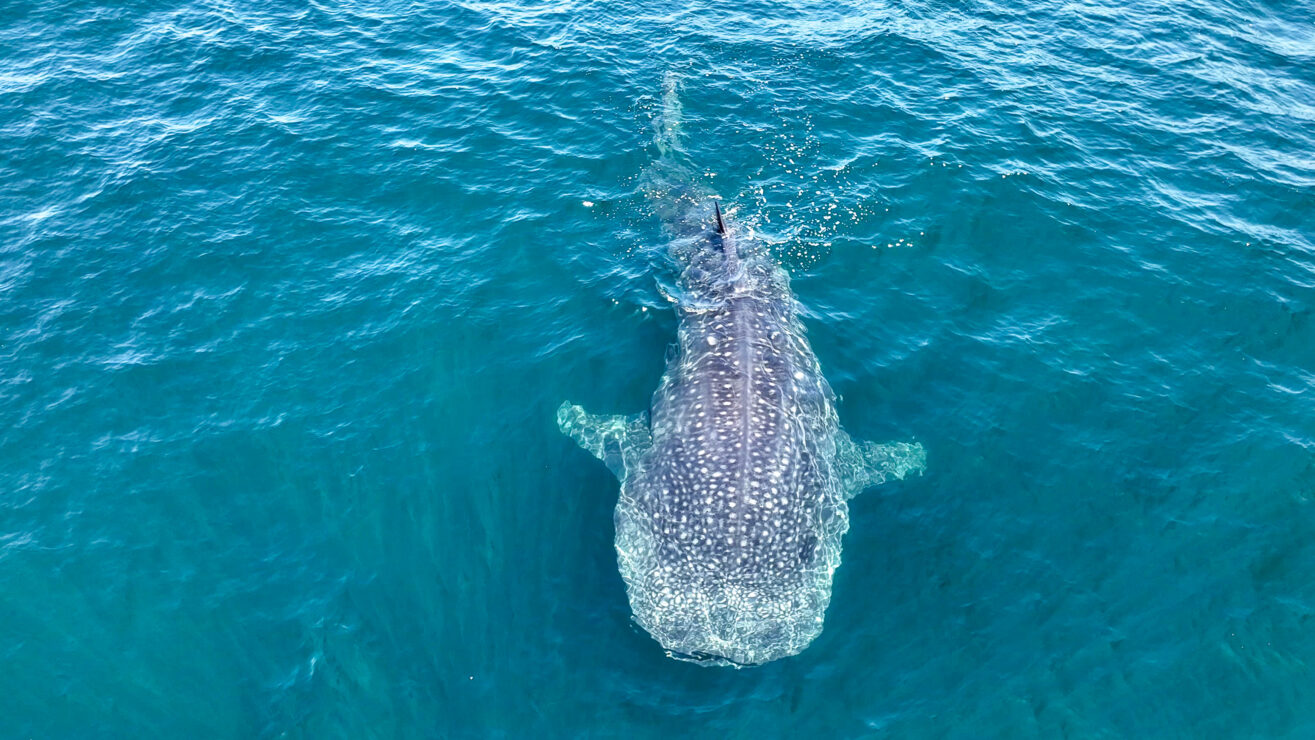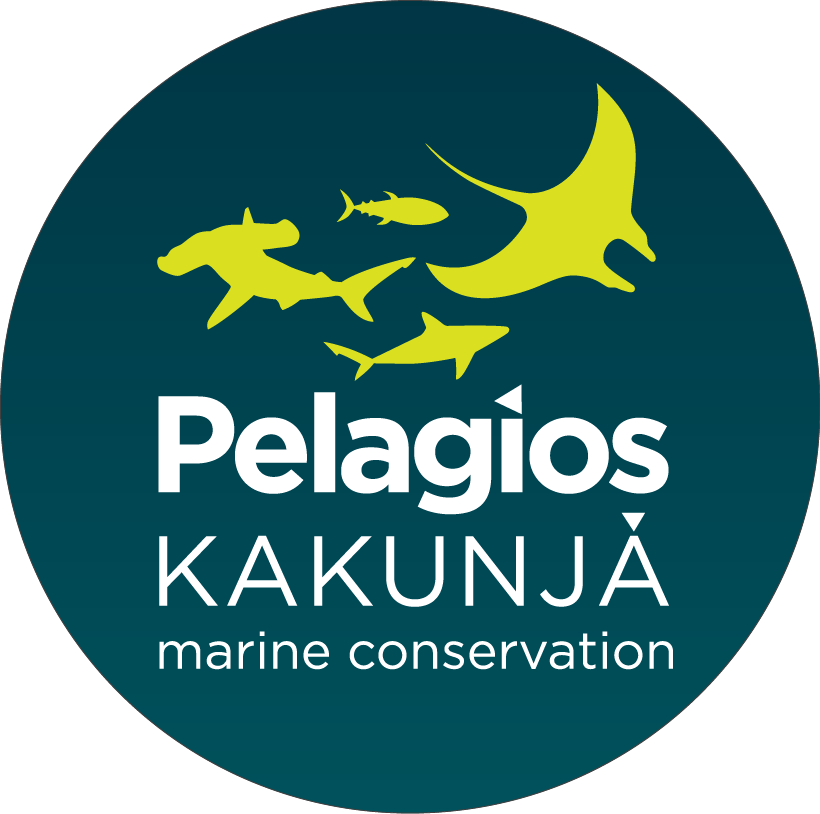Improving Whale Shark Conservation through Community-Led Research and Management
Target Species: Rhincodon Typus
Climate Change Puts Whale Sharks at Risk
Whale sharks are an endangered species, and their populations are in decline across the globe. Scientists forecast that climate change will exacerbate their biggest threats, vessel strikes from cargo ships, and bycatch from purse seiners, by shifting their habitats into more dangerous temperate waters. Our project addresses these threats by providing the data needed to inform future management decisions.
Goals
1. Co-design data-driven management strategies for whale sharks in Baja California Sur
2. Prioritize climate resilience for small scale fishers in these management strategies
Methods
1. Characterize population size and demographics of whale shark populations in Baja California Sur using satellite telemetry, aerial surveys, photo IDs, and biological sampling
2. Build a species distribution model to estimate the future risks posed by climate change, vessel strikes, and commercial fishing
3. Build participatory monitoring programs that involve local communities in data collection and management outcomes




1
/
Collaborators


